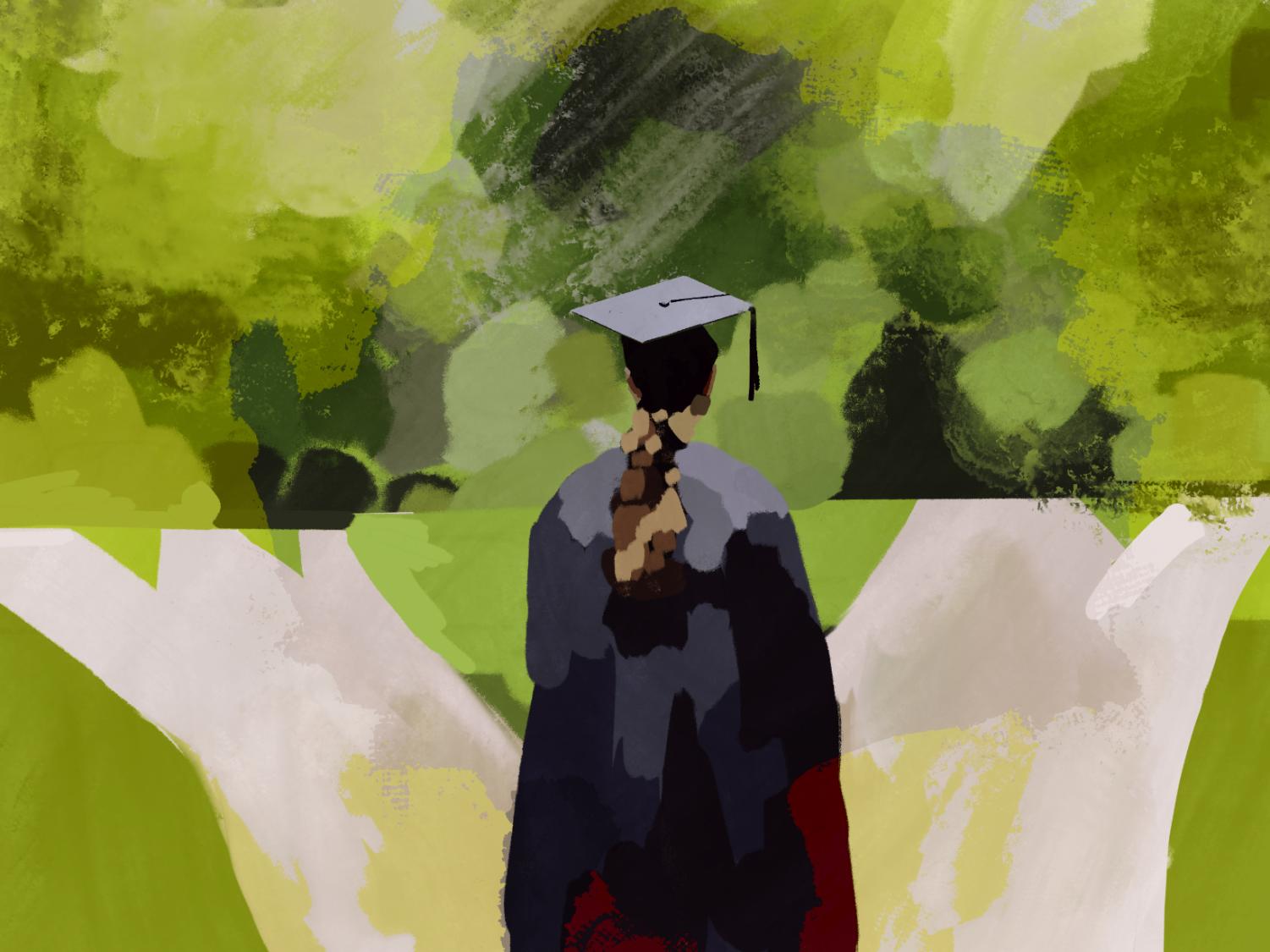The pros and cons of college
September 23, 2022
After high school, many are faced with the daunting choice of attending college or going straight into the workforce. On one hand, there is the risk of falling victim to thousands of dollars of student loan debt. However, people risk being turned away for not having the right qualifications. So which one will really lead to a more successful future, saying yes or no to college?
The pros of college
We, as a society, have moved into a new era where almost every career option is dependent on a post-high school education in order to make a living wage. College has become less of a choice and to many, can even be considered a necessity.
According to the U.S. Bureau of Labor Statistics, a clear rate shows how higher education leads to not only higher wages but also lower unemployment rates. Those with a high school diploma and no further education make a weekly median of $712, while those with a bachelor’s degree make $1,173—an average of $461 in difference. The unemployment rate is even worse, with those with a high school level education having a 2% larger gap than others.
Job security is also an important factor that is oftentimes forgotten to account for and if that is an important aspect to a person, then attending college will definitely help. So, while college is increasing in price and may seem impossible to pay for, as more news and statistics come out about college debt increasing in America, the long term effect of job security and higher wages can be worth the price.
Besides that, there are still many reasons why a person would choose to go to college.
For one, attending a university opens up a whole new world of opportunities. For the most part, going to college forces one to learn how to live on their own in an environment where they are not alone in doing so, therefore easing the transition to adulthood. It also allows for a person to make more connections that will be beneficial in any career path. Lastly, one of the most important opportunities that a person can gain is more career options. According to Northeastern University, “college graduates see 57 percent more job opportunities than non-graduates.” Going to college makes it more likely for a person to find a career that they will enjoy.
Whether that be more career options, making new connections or learning how to live on one’s own, there is no doubt that college can change a person’s perspective on the world. While it is not always the right path for everyone, it can most definitely help with the future.
The cons of college
The traditional route of a four-year college following graduation is fading as students take alternative pathways such as a gap year or enter their workforce immediately. In just the past few years, enrollments have dropped by 13%. However negative this may seem, alternate routes don’t always mean a decline in future success.
There are the rare cases of extreme financial success without a college degree, as Apple founder Steve Jobs and co-founder of Microsoft Bill Gates were able to establish their corporations without completion of higher education. However, not everyone can copy their route and be greeted with the same drastic results. Each individual’s future depends on their drive for success.
Sure, not every career path requires a level of higher education or collegiate degree for employment. Financial stability without higher education is achievable and employment isn’t always contingent on education, though the jobs that are available are typically more labor intensive.
Though financial stability may not be a tremendous challenge to accomplish, becoming a member of the upper-class is more difficult. Universal inclusion of a singular social class is unachievable; yet the goal of stability and middle class is attainable, even with the absence of a college degree. The available occupations fade away from being “work” and enter the territory of being “labor”. When searching for availability in the workforce, skills such as physical strength, stamina and mechanical abilities are prioritized rather than educational skills and achievements.
The post-high school paths are not as black and white as a four-year university versus a job. For some, two years at a community college followed by transferring to a four-year university provide an alternative, yet just as beneficial route. For students within the Ventura Unified School District, the Ventura Promise is provided, granting all first-year students two years of community college, tuition free. Though each financial situation differs, the Ventura College Promise provides financial assistance, as well as college enrollment without the looming dread of student debt.
These granted two academic years allow for students to cement their plans for the upcoming pivotal years within their educational and career paths. For some, the inevitable change of moving away from home is prolonged, allowing for students to prepare for financial independence. These granted years are a gift of additional preparation for entrance to the “real world”.
There is no singular path that is “the right path” to follow. Whether students decide to begin their higher education at a community college, immediately enter the workforce or enter a four-year university following a high school diploma, an individual’s life path should be just that, individualized.

